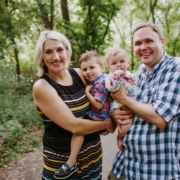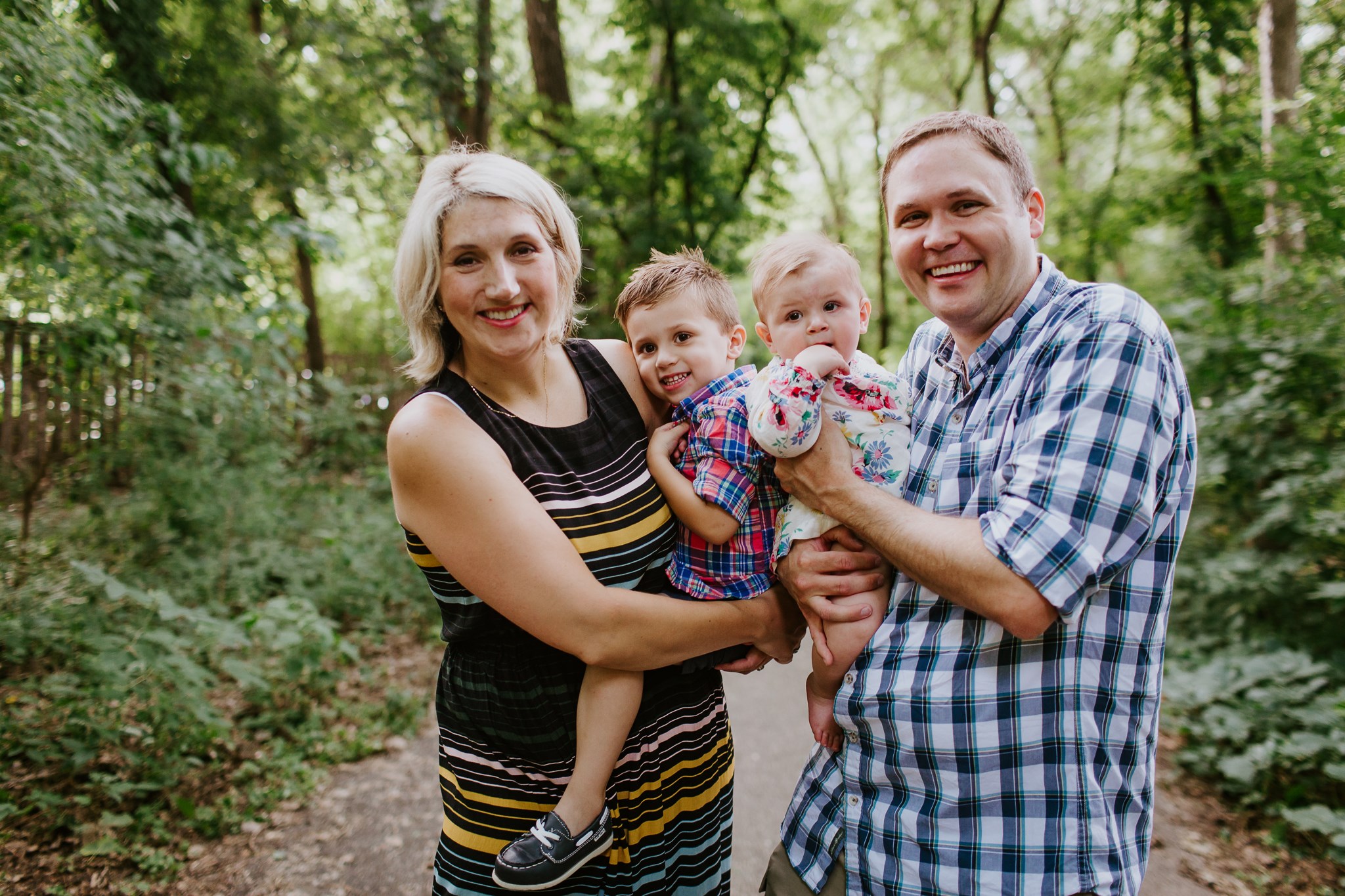A Source of Light In a Troubling Time: How Suzie Shane Shows Compassion and Empathy to Serve Patients and Families During the COVID-19 Crisis
Doctors and nurses on the frontlines of the COVID-19 crisis are our modern day warriors. They inspire us as they go to work every day, at great personal risk, to keep others safe. Often working twelve to fifteen hour shifts, they have been under incredible stress since the middle of March. Many feel anxious and afraid. Many have trouble sleeping. Many worry about bringing the virus home and infecting family members. Many have chosen to socially isolate themselves from at-risk family members, even within their own homes, and this strains the mental and emotional health of all. It’s a stressful, anxious time for these healthcare professionals as they heroically go to work every day with great dedication.
While the doctors and nurses on the frontlines in the ERs and ICUs are incredibly challenged, they aren’t the only ones in the hospital impacted by the pandemic. While elective surgeries have been postponed to give hospitals more capacity, other illnesses don’t stop during the crisis. Heart attacks, cancer, brain tumors, strokes, traumas still occur and must be treated.
Since mid-March, hospitals in Minnesota – and in other states – have prohibited visitors, in an effort to prevent the spread of coronavirus. What impact does the COVID crisis have on healthcare workers, patients and families who have not been infected by the disease?
In the neurosurgery intensive care unit at a large Minneapolis hospital, nurse practitioner Suzie Shane treats and cares for patients who have had strokes, traumas to the spine and other brain traumas. These patients are very sick, their cognitive capabilities have been impaired and now, family members are not allowed to visit or advocate for their loved ones in person.
Suzie said, “This is our most acute challenge today, not having family members at the hospital. Our patients are often confused or under medication, having had a brain injury. They can’t make decisions for themselves. Not having a familiar face next to them makes them confused and lonely. Anxiety and depression can set in. The family has typically been a constant presence and now that has been removed. It’s a tremendous challenge for our patients, the family and for us, too.”
When asked how she adjusts her approach to her work, given the current circumstances, Suzie replied, “With communication, compassion and empathy.”
“Continuous communication with the family, more than ever before, is essential. The new experience of not being allowed to visit their loved one has to be met with more communication and an increased level of empathy and compassion for the families and for my patients. I’ve got to be there and support them more than ever.”
Suzie continued, “Over the phone is really hard. Last week, I called a woman who had recently undergone diagnostic imaging that demonstrated a mass in the brain. I told her she needed to come to the hospital immediately and that her husband couldn’t come in with her. Both of them were understandably upset and crying on the phone. It’s hard for me to not reach out and touch a hand or hug them, to console them.”
“So they need even more care and presence from me. I constantly ask myself, ‘What if it were me? Or my husband? Or my children? Or my parents,’ then I treat my patients and their families like I would like to be treated.”
Suzie describes, “That means listening to and patiently answering their questions. This means acknowledging how hard this news must be for them. Acknowledging the challenge of not being able to be together in person while she is hospitalized. I assure them they are in great hands with our team and that we will do everything possible they can do to care for them and protect them. I remind them to be hopeful for a better future, once we get through the process. I tell them we’ll get through it.”
Suzie said, “Years ago, I knew my calling was nursing. And that purpose gets me out of bed each morning. I’m incredibly blessed by the opportunity to care for patients. Nursing is an honor and it is a privilege to care for others in their most vulnerable state. It is an amazing honor. That has been heightened over the last few months. Bringing them hope and comfort. I love my work. My patients give more to me than I can ever give to them.”
When asked about her passions, Suzie replied, “My family and my patients are my passion. My husband, Steve and my two little people, Charlie and Grace. Serving others is my passion.”
Suzie described that one of the benefits from today’s challenge has been an even tighter bond with her teammates. “We’re checking in with one another and encouraging one another like never before. This is new to every one of us and I see us taking care of each other, too.”
She also said she’s been checking in with a lot of her nursing friends from college who live in Illinois, Washington, Hawaii as well as the Twin Cities, those who are treating patients with COVID. She said, “It’s important to talk with those who are in it and get it. It’s important for me to talk through my thoughts and feelings and check in with others.”
When asked how her work is creating impact, Suzie thought for a second and thoughtfully answered, “Impact. I’m being a source of light during a troubling time. Being a source of light for patients and family members. As one who cares and feels deeply. Being a source of light for my co-workers by being affirmative and positive. Being a source of light for my husband and children by making the most of our days together. Having an attitude of gratitude for all of our blessings.”
Suzie Shane lives her life to be a source of light to others. She’s living purposefully and creating an enormous impact, especially during this uncertain time. Thank you to all the healthcare workers who are keeping us safe. Thanks to all the nurses this National Nurses Week. And a big thanks to you, Suzie, for serving with purpose, love and care.




